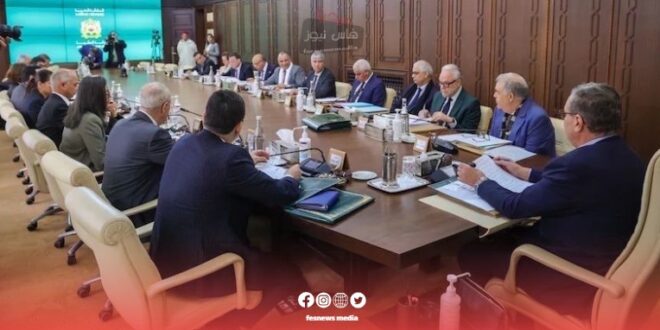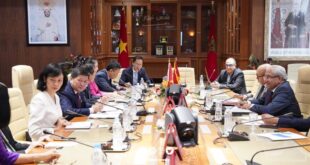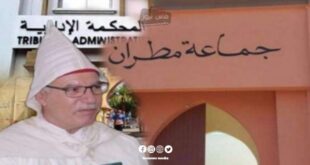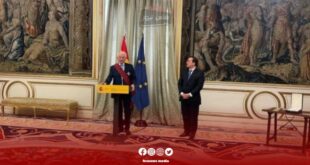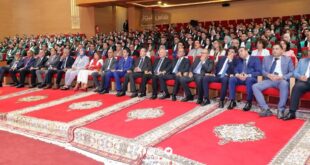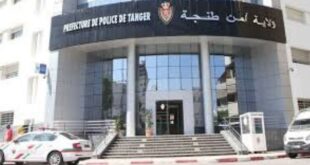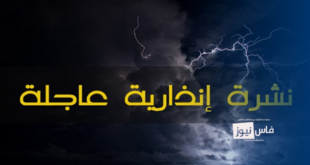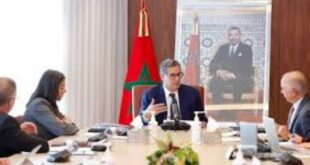At the start of the new political season, which coincides with the end of the third year of its mandate, the Moroccan government faces a set of strategic challenges with economic and social dimensions. These challenges come at a sensitive time that requires urgent and effective solutions.
Key challenges:
Addressing water stress:
- Impact of drought on agricultural activity
- Need to modernize national water policy
- Accelerating water transfer projects, dam construction, and seawater desalination
Pension system reform:
- Ensuring sustainability of pension funds
- Protecting the rights of future generations
- Finding consensus with social and economic partners
Regulating the right to strike:
- Finalizing the draft organic law on the exercise of the right to strike
- Including it among social dialogue priorities
Maintaining citizens’ purchasing power:
- Continuing support for basic goods and services
- Allocating 16.5 billion dirhams to the compensation fund
- Implementing tax and customs measures with a social dimension
Boosting investment and job creation:
- Achieving balance between social and economic dimensions
- Enhancing budgetary margins and public finance sustainability
In this context, Atiq Said, Professor of Public Law at Cadi Ayyad University, emphasized the need to develop new concepts in line with the current climate situation, setting strategic goals that consider various regions and climatic conditions, focusing on ensuring water justice.
Said stressed the importance of finding consensus on a convincing vision for pension system reform by presenting a comprehensive and detailed project for all principles and visions. He added that this would advance social dialogue, improving the social situation of beneficiaries while maintaining financial sustainability.
Regarding economic challenges, the Prime Minister’s guidance note on preparing the 2025 Finance Bill indicated that the government will continue its efforts to balance strengthening budgetary margins and public finance sustainability while implementing social and economic reforms aimed at creating job opportunities and consolidating comprehensive development foundations.
Said concluded by emphasizing that the current phase requires exploring the most effective approaches to implementing priorities, noting that completing the developmental-social projects and workshops launched by King Mohammed VI would establish a renewed and comprehensive perspective that strengthens the foundations of the social state and improves citizens’ living standards.
In conclusion, it’s worth noting that the Prime Minister stressed, in the first government council after the holiday, the need to redouble efforts to activate various public policies, increase the pace of work, and demonstrate seriousness and effectiveness in implementing programmed projects, confirming the government’s determination to face existing challenges with firmness and resolve.
 فاس نيوز ميديا جريدة الكترونية جهوية تعنى بشؤون و أخبار جهة فاس مكناس – متجددة على مدار الساعة
فاس نيوز ميديا جريدة الكترونية جهوية تعنى بشؤون و أخبار جهة فاس مكناس – متجددة على مدار الساعة

